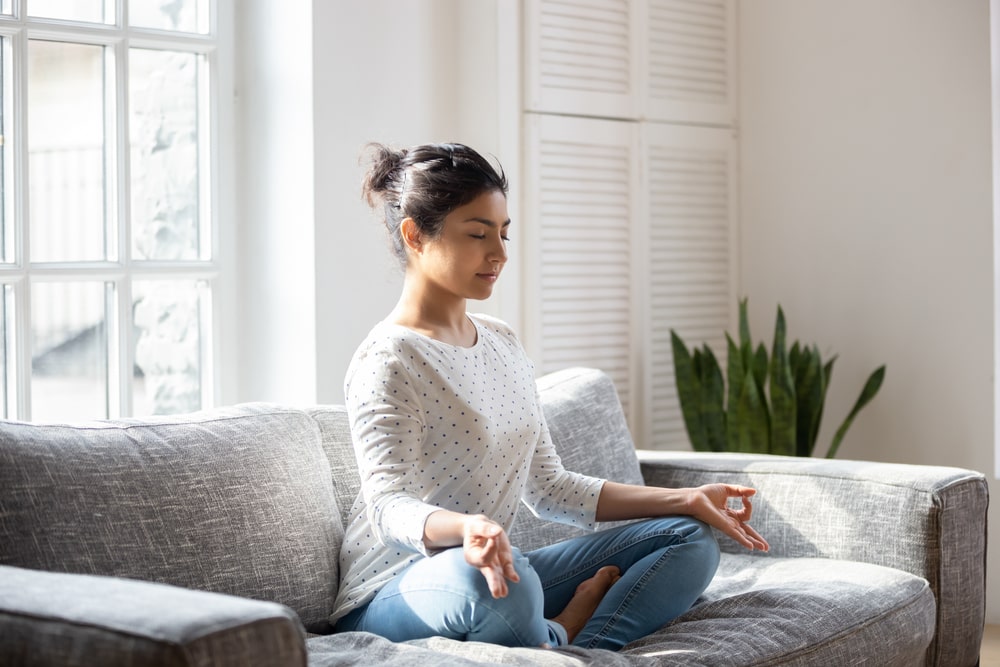Anxiety can be been explained as “the body’s automatic fight-or-flight response that is triggered when you feel threatened, under pressure, or are facing a challenging situation…” It is the body’s natural response to stress. The feelings of anxiety can range from mild to severe. There are several benefits to experiencing occasional anxiety, as Psychology Today asserts that “anxiety is built into our primate origins as a warning system.” Nevertheless, the symptoms of anxiety can be unpleasant, and it is helpful to learn different strategies that can decrease stress and assuage anxiety. Managing anxiety through self-care can be a powerful and proactive approach. Here are various self-care strategies to help tame the anxiety beast:
- Deep Breathing and Relaxation Techniques:
- Practice deep breathing exercises to calm your nervous system.
- Try progressive muscle relaxation or guided imagery to reduce tension.
- Regular Exercise:
- Engage in regular physical activity, as it helps release endorphins, which are natural mood enhancers.
- Choose activities you enjoy, such as walking, jogging, yoga, or dancing.
- Adequate Sleep:
- Establish a consistent sleep routine to ensure you get enough rest.
- Create a comfortable sleep environment and avoid stimulants like caffeine before bedtime.
- Healthy Eating Habits:
- Consume a balanced diet with plenty of fruits, vegetables, lean proteins, and whole grains.
- Avoid excessive caffeine, sugar, and alcohol, as they can contribute to anxiety.
- Mindfulness Meditation:
- Practice mindfulness to bring your attention to the present moment.
- Mindful breathing and meditation can help you develop a more balanced perspective on challenging situations.
- Set Realistic Goals:
- Break tasks into smaller, manageable steps to prevent feeling overwhelmed.
- Celebrate small achievements, and don’t be too hard on yourself.
- Limit Stimulants:
- Reduce the intake of stimulants like caffeine and nicotine, as they can increase anxiety levels.
- Stay Connected:
- Maintain social connections with friends and family.
- Share your feelings and concerns with someone you trust.
- Time Management:
- Prioritize tasks and organize your time to avoid feeling rushed or stressed.
- Learn to say no when necessary and delegate tasks when possible.
- Journaling:
- Write down your thoughts and feelings in a journal.
- Reflecting on your experiences can help you gain insights and release pent-up emotions.
- Engage in Hobbies:
- Spend time doing activities you enjoy and that bring you a sense of fulfillment.
- Hobbies can serve as a healthy distraction from anxious thoughts.
- Nature and Fresh Air:
- Spend time outdoors, get fresh air, and connect with nature.
- Sunshine and natural surroundings can have a positive impact on mood.
Cultivating a personalized and consistent self-care routine is essential for taming the anxiety beast. These strategies, ranging from mindful practices to healthy lifestyle choices, empower you to address anxiety holistically. Remember that progress may take time, and it’s crucial to be patient with yourself. If anxiety persists or intensifies, seeking professional help is a proactive step towards mental well-being. By prioritizing self-care, you can build resilience and equip yourself with the tools needed to navigate life’s challenges with a greater sense of calm and balance.
Treatment In Calabasas
Calabasas is a city in California. It is a well-known suburb of Los Angeles, located west of the San Fernando Valley and north of the Santa Monica Mountains. Over the past decade, the city of Calabasas has grown in its reputation for luxury as well as for privacy which makes it a hidden gem for residential living for society’s elite, and one of the most desirable destinations in Los Angeles County. It is also home to a plethora of highly qualified mental health clinicians providing an array of therapeutic services and treatment options.
The information above is provided for the use of informational purposes only. The above content is not to be substituted for professional advice, diagnosis, or treatment, as in no way is it intended as an attempt to practice medicine, give specific medical advice, including, without limitation, advice concerning the topic of mental health. As such, please do not use any material provided above to disregard professional advice or delay seeking treatment.


